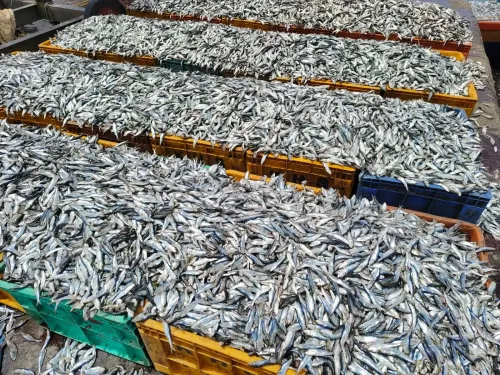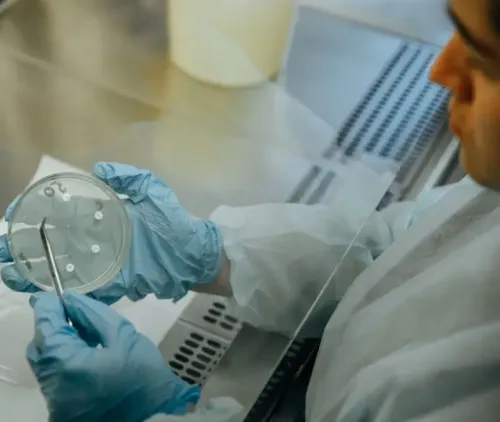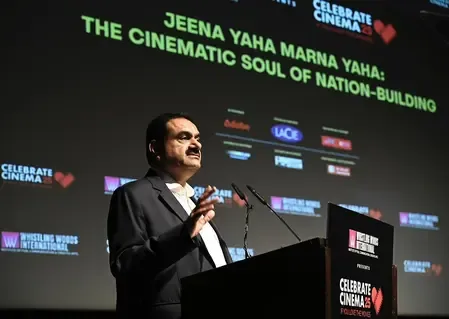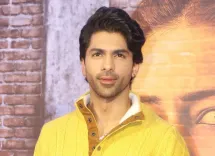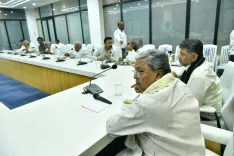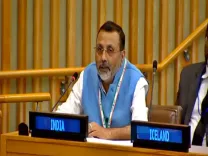Research Indicates Heart Muscles May Regenerate in Certain Individuals
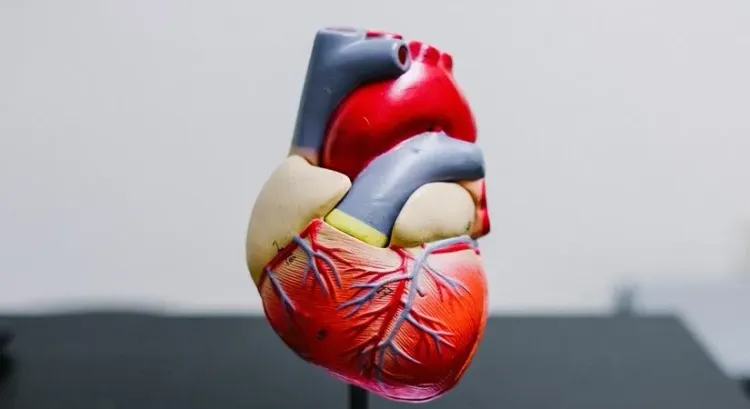
New Delhi, Dec 21 (NationPress) A groundbreaking study has found that certain individuals with artificial hearts exhibit the capacity to regenerate heart muscle, marking a significant advancement that could lead to novel treatment options and, eventually, a possible cure for heart failure.
Currently, there is no definitive cure for heart failure, and treatment for severe cases often involves a transplant or a pump replacement with an artificial heart. This device, known as the left ventricular assist device, aids in the heart's ability to pump blood effectively.
Researchers from the University of Arizona’s College of Medicine in the United States noted that skeletal muscle has a remarkable capacity to regenerate following injury.
The research team initiated their study using tissue samples from patients with artificial hearts. Collaborating with researchers from Sweden and Germany, they employed an innovative technique involving carbon dating of human heart tissue to determine the presence of newly generated cells.
Published in the journal Circulation, the findings revealed that individuals with these artificial hearts could regenerate muscle cells at a rate exceeding six times that of healthy hearts.
“This represents the most compelling evidence to date that human heart muscle cells possess the ability to regenerate, which is incredibly exciting as it reinforces the idea that the human heart has an inherent capacity for regeneration,” stated Hesham Sadek, director of the Tucson’s Sarver Heart Center.
Sadek further explained that some patients with artificial hearts might be able to remove their devices due to an improvement in symptoms. This reversal can occur when the artificial heart gives the cardiac muscles a form of rest, similar to recovery from a sports injury.
The study's outcomes suggest that it might be feasible to target the molecular pathways involved in cell division to enhance the heart’s regenerative capabilities, according to Sadek.

